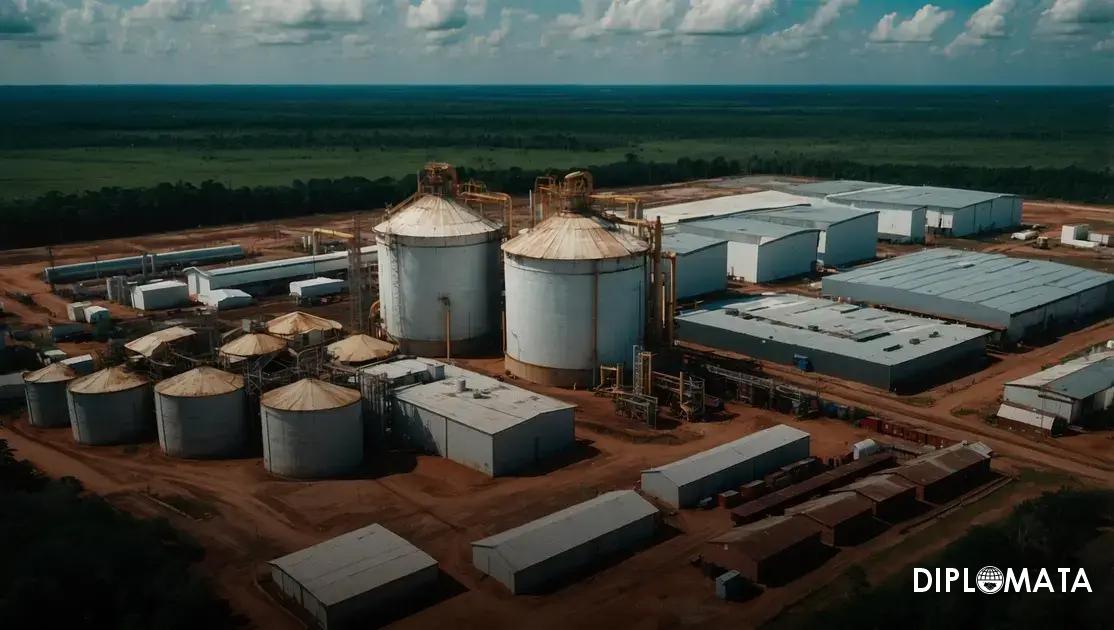Understanding Chemical Export Logistics
Chemical export logistics refers to the complex processes involved in the transportation and distribution of chemical products across international borders. This includes everything from the management of shipping routes to compliance with international regulations governing hazardous materials. In the context of USP-Grade Propylene Glycol, it is essential to ensure not only timely delivery but also adherence to safety and quality standards during the export process.
Importance of Compliance in Chemical Export
Compliance with regulatory frameworks is paramount in chemical export logistics. For USP-Grade Propylene Glycol, exporters must navigate a web of regulations set forth by organizations such as the FDA and EPA in the U.S. These regulations dictate everything from labeling requirements to safety data sheets, ensuring that exported chemicals meet stringent safety and quality standards.
Role of Quality Assurance in Logistics
Quality assurance plays a vital role in chemical export logistics. This entails rigorous testing and certification processes that guarantee the product’s integrity during transport. For companies like DIPLOMATA, maintaining high-quality standards is not just a regulatory requirement but a commitment to customer satisfaction, ensuring that USP-Grade Propylene Glycol arrives in perfect condition.
Packaging Considerations in Chemical Exports
Proper packaging is crucial in the chemical export logistics process. Chemicals, including USP-Grade Propylene Glycol, require specialized packaging solutions to prevent leaks, spills, or degradation during transit. Exporters must select appropriate materials and methods that comply with international shipping regulations to mitigate risks associated with chemical transport.
Shipping Routes and Modes of Transport
Choosing the right shipping routes and modes of transport is essential for optimizing chemical export logistics. Factors such as time efficiency, cost, and the nature of the cargo influence these decisions. For DIPLOMATA, collaborating with experienced logistics providers ensures that USP-Grade Propylene Glycol is delivered swiftly and safely to clients across the U.S.
Documentation Requirements for Export
Accurate documentation is a cornerstone of effective chemical export logistics. Essential documents include export permits, safety data sheets, and bills of lading. DIPLOMATA ensures that all necessary documentation is meticulously prepared to facilitate smooth customs clearance and prevent delays in the delivery of USP-Grade Propylene Glycol.
Risk Management in Chemical Logistics
Risk management is a critical aspect of chemical export logistics. Exporters must identify and mitigate potential risks related to transportation, such as accidents, regulatory non-compliance, or supply chain disruptions. By implementing robust risk management strategies, DIPLOMATA enhances the reliability of its USP-Grade Propylene Glycol exports.
Technological Innovations in Logistics
Technological advancements are transforming the landscape of chemical export logistics. Innovations such as real-time tracking systems and automated inventory management tools enhance efficiency and transparency in the supply chain. DIPLOMATA leverages these technologies to ensure the timely delivery of USP-Grade Propylene Glycol and to provide clients with accurate shipment updates.
Partnering with Reliable Logistics Providers
Forming partnerships with reliable logistics providers is essential for successful chemical export logistics. These partnerships allow exporters to benefit from the expertise and resources of established logistics companies. DIPLOMATA collaborates with trusted logistics partners to ensure that its USP-Grade Propylene Glycol reaches its destination securely and efficiently.


